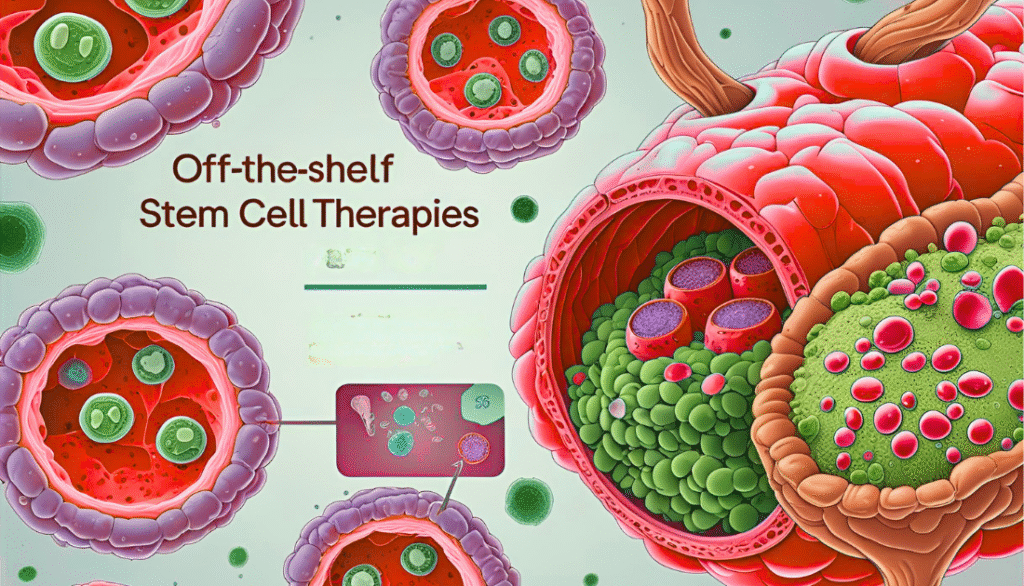San Diego-based biotech startup Gallant has raised $18 million to develop the first FDA-approved, ready-to-use stem cell therapy for veterinary medicine—a potential breakthrough in treating chronic pet health conditions.
Highlights
- Gallant Raises $18M: San Diego-based biotech firm Gallant secured $18 million to develop the first FDA-approved off-the-shelf stem cell treatment for animals.
- Lead Therapy Targets FCGS: The company’s first candidate focuses on Feline Chronic Gingivostomatitis (FCGS), a painful, treatment-resistant oral condition in cats.
- JEDI Clinical Trial: Gallant’s ongoing pivotal trial has shown early promise, with up to 83% of cat owners reporting oral health improvements within 90 days.
- Allogeneic Approach: Unlike traditional therapies, Gallant uses donor-derived mesenchymal stem cells—no tissue extraction needed from the patient.
- Scalable “Off-the-Shelf” Model: The treatment is non-species-specific, ready to store and administer in clinics, simplifying workflows and reducing costs.
- Expansion Plans: Gallant is also targeting arthritis, atopic dermatitis, and kidney disease in pets—conditions with limited long-term treatment options.
- Backed by Industry Leaders: NovaQuest Capital Management and Digitalis Ventures led the Series B round, adding to Gallant’s $44M+ raised to date.
- Founder’s Vision Lives On: Gallant was founded by DogVacay’s Aaron Hirschhorn; now led by Dr. Linda Black, a veterinarian and regenerative medicine expert.
- Regenerative Medicine Goes Mainstream: If approved by 2026, Gallant’s platform could change chronic care in pets—offering vets easy-to-use biological treatments.
If successful, this off-the-shelf approach could mark a shift in how complex illnesses are managed in animals, providing veterinarians and pet owners with a more accessible and less invasive alternative to traditional treatments.
Feline Chronic Gingivostomatitis (FCGS)
Gallant’s lead candidate therapy targets Feline Chronic Gingivostomatitis (FCGS), a painful and inflammatory oral disease in cats that is notoriously resistant to standard treatments. Approval for the therapy could come as early as 2026, according to the company.
Since December 2023, Gallant has been running a pivotal clinical trial—known as the JEDI study—to evaluate the safety and effectiveness of its stem cell treatment for cats that have not responded to conventional care.
This multi-center trial focuses on allogeneic therapy, which uses donor-derived stem cells rather than patient-specific material.
Early findings from pilot studies suggest promising results:
- 78–83% improvement in oral lesions reported by pet owners after two injections
- 43–48% reduction in lesion severity by day 90
With an estimated 2 million cats in the U.S. affected by FCGS, and more than half not responding to current treatment options, this study could have significant implications for veterinary care.
What Makes Gallant’s Approach Different
Traditional stem cell therapies often require extracting tissue from the animal being treated or a closely matched donor, followed by complex and costly processing.
Gallant aims to streamline this by using pre-prepared stem cells derived from donor animals—specifically, mesenchymal stem cells obtained from routine spay procedures.
This “off-the-shelf” model eliminates the need for patient-specific harvesting and preparation, potentially reducing both cost and treatment delays.
The stem cells are non-species-specific, meaning they can be stored and administered broadly in veterinary practices without custom matching—making the treatment scalable and easier to integrate into everyday clinical workflows.
Expanding into Arthritis, Kidney Disease, and Skin Conditions
The company’s recently closed Series B funding round, led by Digitalis Ventures with participation from NovaQuest Capital Management, brings its total raised to at least $44 million.
Notably, NovaQuest previously invested in the first FDA-approved stem cell therapy for humans, suggesting strong confidence in Gallant’s veterinary potential.
The new funding will also support research and development into other chronic pet conditions, including:
- Osteoarthritis (dogs and cats)
- Canine atopic dermatitis
- Feline chronic kidney disease
All three conditions are widespread and currently managed primarily through symptom control rather than disease-modifying treatments.
Scientific Potential Meets Entrepreneurial Vision
Gallant was founded by Aaron Hirschhorn, a tech entrepreneur known for creating DogVacay, a pet-sitting platform later acquired by Rover. Following Hirschhorn’s passing in 2021, Dr. Linda Black—a veterinarian and stem cell researcher—took over leadership.
She joined early as president and chief scientific officer and now guides the company’s efforts to bring regenerative medicine into mainstream veterinary practice.
Under Black’s direction, Gallant’s pipeline continues to grow, combining biotech rigor with a mission to modernize animal health care through scalable innovation.


